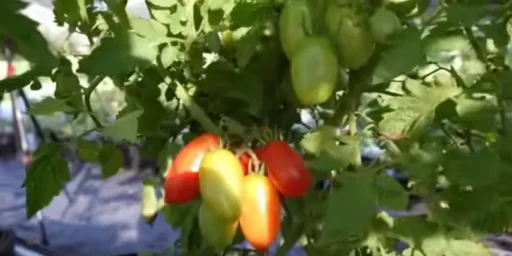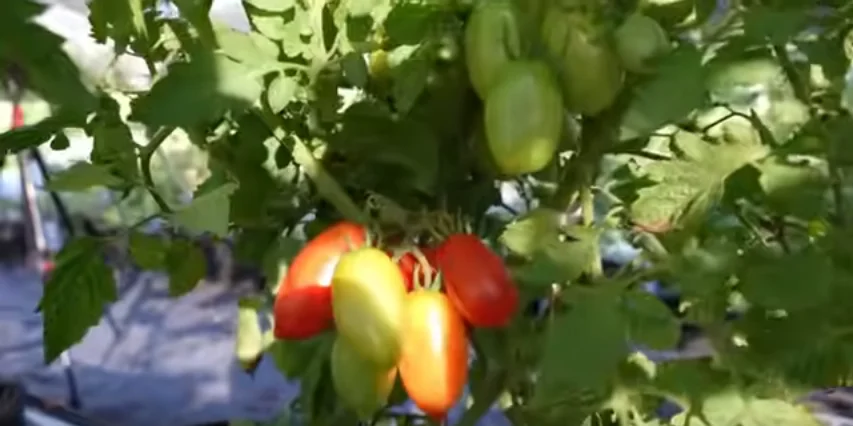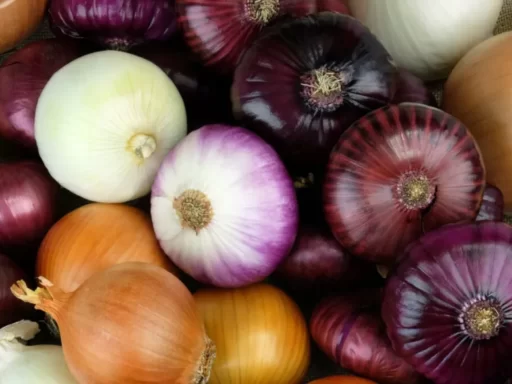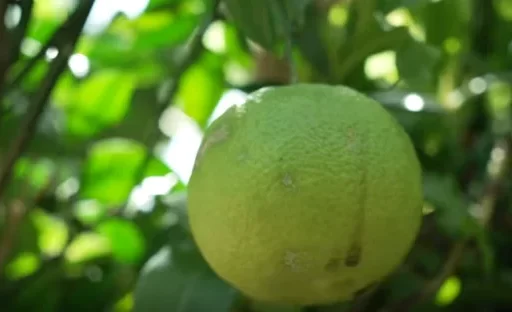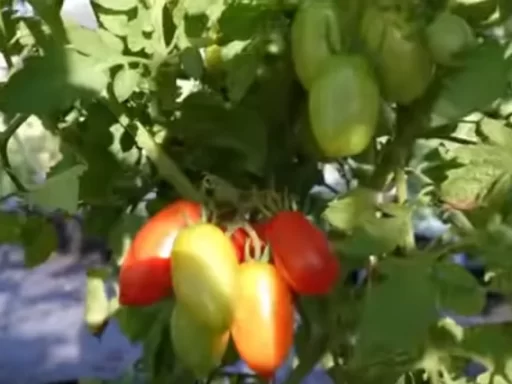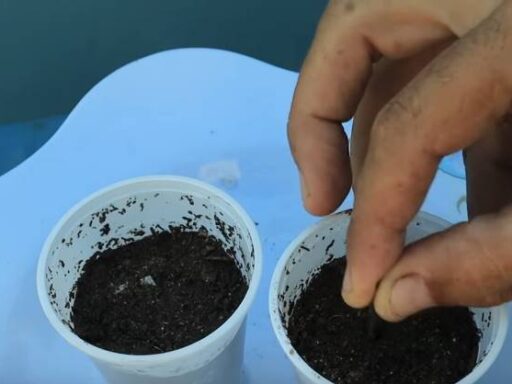Birds can be a significant problem for gardeners, especially when they start attacking your fruit trees and vegetable crops. After waiting all season for your plants to bear fruit, nothing is more frustrating than discovering that birds have ruined your harvest. While it may seem like birds are attacking your garden because they are hungry, the truth is often more complex. Birds frequently peck at fruits because they are seeking water, especially in hot, dry climates.
In this article, we’ll cover four effective tips to help protect your garden from bird damage. These methods focus on understanding bird behavior and offering alternative sources of water and food, making your fruits and vegetables less attractive targets. By following these techniques, you can dramatically reduce the risk of bird damage and enjoy a more bountiful harvest.
Tip 1: Provide a Clean Water Source for Birds
One of the most effective ways to deter birds from pecking at your fruits is to provide them with a clean and accessible water source. Birds are often more interested in quenching their thirst than eating your fruits. Installing a birdbath near your garden can help keep birds away from your produce by giving them an easier option for water.
How to Set Up Your Birdbath
- Placement: Ensure that your birdbath is visible and close to your garden. If birds can easily access water, they are less likely to peck at your fruits in search of hydration.
- Cleanliness: Keep the water in the birdbath clean and filled at all times. Dirty or empty birdbaths will not attract birds, and they may return to pecking at your fruits instead.
This method is especially important for areas with hot, dry summers where water is scarce. Providing a reliable water source can dramatically reduce the number of birds damaging your crops.
Tip 2: Install a Bird Feeder
In addition to water, some birds may peck at your fruits because they are searching for food. However, fruits generally provide little nutritional value for birds compared to other food sources. By installing a bird feeder filled with nuts and seeds, you can offer birds a more appealing alternative.
Why Bird Feeders Work
- High-Calorie Food: Nuts and seeds are high in calories and offer much more nutrition than fruit. Birds expend a lot of energy flying, so providing them with a calorie-dense food source will make your fruits less attractive.
- Visible and Accessible: Make sure your bird feeder is placed in a visible, accessible area. Birds are more likely to go for the easy option if they can see it. Brightly colored bird feeders, especially in colors like yellow, are more likely to attract birds.
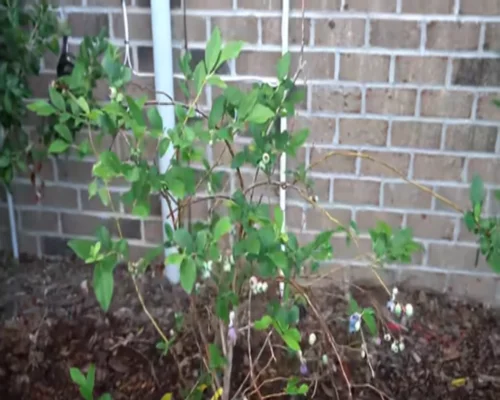
By offering birds a more nutritious food source, you can protect your fruits while also keeping the birds happy and well-fed.
Tip 3: Keep Fruit Trees Low to the Ground
Birds tend to feel safer when perched high up in trees, where they are less vulnerable to predators. By keeping your fruit trees low to the ground, you make them a less desirable landing spot for birds.
How to Keep Your Trees Low
- Pruning: Regularly prune your trees to keep them at a manageable height. The lower your fruit trees, the more insecure birds will feel when trying to land on them.
- Dwarf Varieties: Consider planting dwarf varieties of fruit trees, which naturally grow smaller and are easier to maintain.
When fruit trees are kept low to the ground, birds will feel more vulnerable to ground-based predators like cats, and they will be less likely to linger and peck at your fruit.
Tip 4: Use Green Organza Bags to Cover Fruits
A highly effective way to protect individual fruits is by covering them with green organza bags. These bags serve a dual purpose: the netting physically prevents birds from reaching the fruit, and the green color camouflages the fruit, making it less visible to birds.
Why Green Organza Bags Are Effective
- Camouflage: Birds are attracted to brightly colored, ripe fruits. By covering fruits with green bags, you mimic the appearance of unripe fruit, which birds are less likely to peck.
- Netting as a Barrier: The physical barrier provided by the organza bags makes it difficult for birds to access the fruit, even if they do try to peck at it.
These bags are an inexpensive and effective solution that can protect your fruit from bird damage. They come in various sizes, allowing you to cover different types of fruits, from small berries to larger apples and peaches.
Bonus Tip: Combine Methods for Best Results
While each of these tips is effective on its own, the best approach to preventing bird damage is to combine multiple methods. By providing birds with clean water, nutritious food, and limiting their access to your fruit trees, you create a garden environment that discourages birds from pecking at your crops.
Additional Considerations
- Seasonal Timing: Implement these methods early in the growing season to prevent birds from establishing bad habits of visiting your garden.
- Monitoring: Keep an eye on your garden and adjust your strategies as needed. If you notice birds still pecking at certain fruits, try adding more bird feeders or expanding your use of organza bags.
Frequently Asked Questions
1. Why do birds attack my fruit trees?
Birds usually attack fruit trees because they are thirsty. Fruits contain a high percentage of water, and birds may peck at them to stay hydrated, especially during hot, dry weather.
2. Will a birdbath alone stop birds from pecking at my fruits?
A birdbath can significantly reduce bird damage by providing an easier water source, but it may not completely stop all birds. Combining a birdbath with other methods, such as bird feeders and organza bags, is more effective.
3. Can I use any type of bag to cover my fruits?
Green organza bags are recommended because they camouflage the fruit and act as a barrier. Other types of bags may not provide the same level of protection or may be too visible to birds.
4. How often should I clean the birdbath?
It’s important to clean the birdbath regularly, ideally once a week, to prevent algae growth and ensure the water stays fresh for the birds.
5. What types of seeds should I put in a bird feeder?
Seeds such as sunflower seeds, millet, and peanuts are excellent choices for bird feeders. These seeds are calorie-dense and provide the nutrients birds need.
6. Will pruning my fruit trees hurt their growth?
Pruning fruit trees helps control their size and promotes healthier fruit production. Regular pruning will not harm the tree but will help manage its growth and make it less attractive to birds.
7. How long do organza bags last?
Organza bags are durable and can be reused for several growing seasons. However, you should inspect them regularly for wear and tear to ensure they remain effective.

